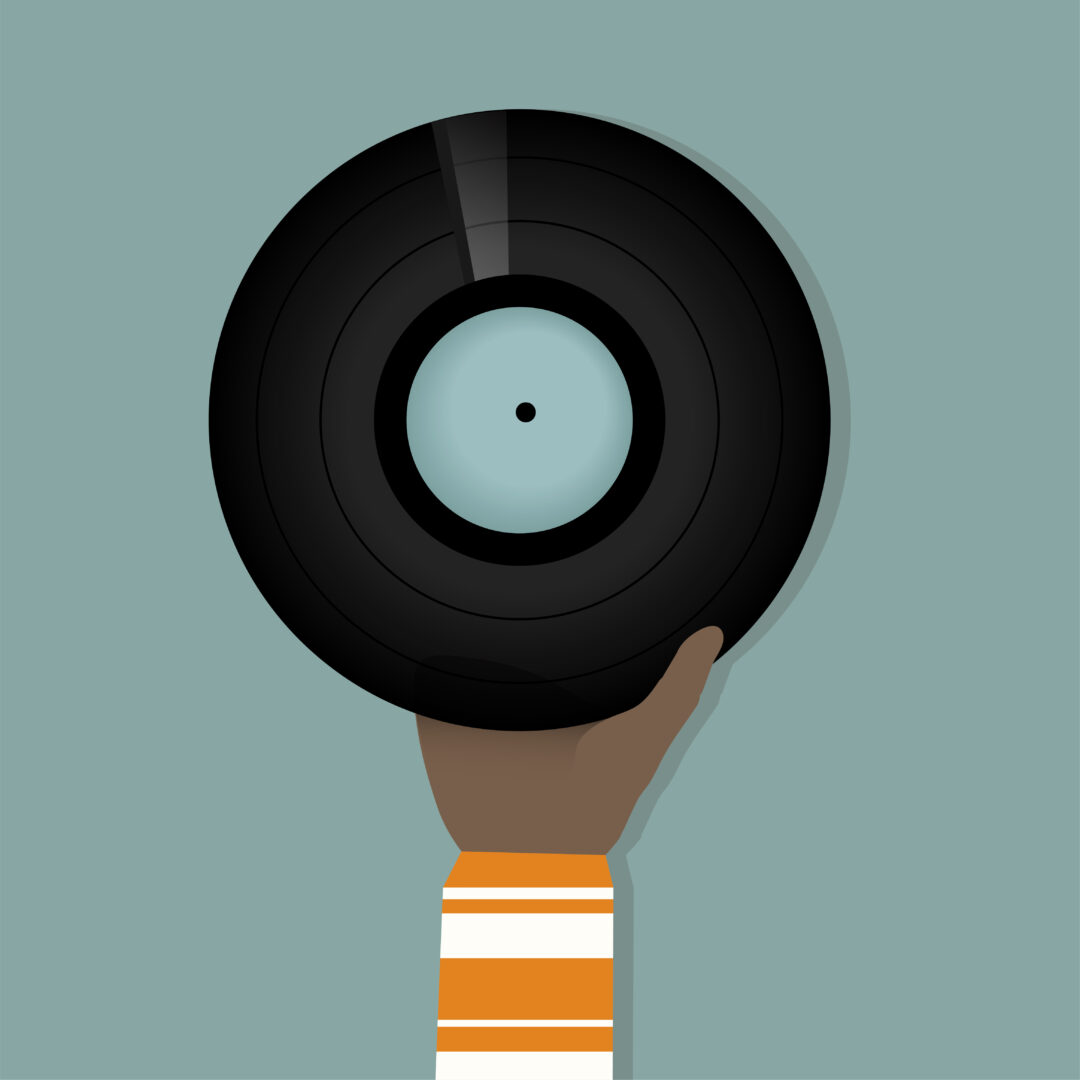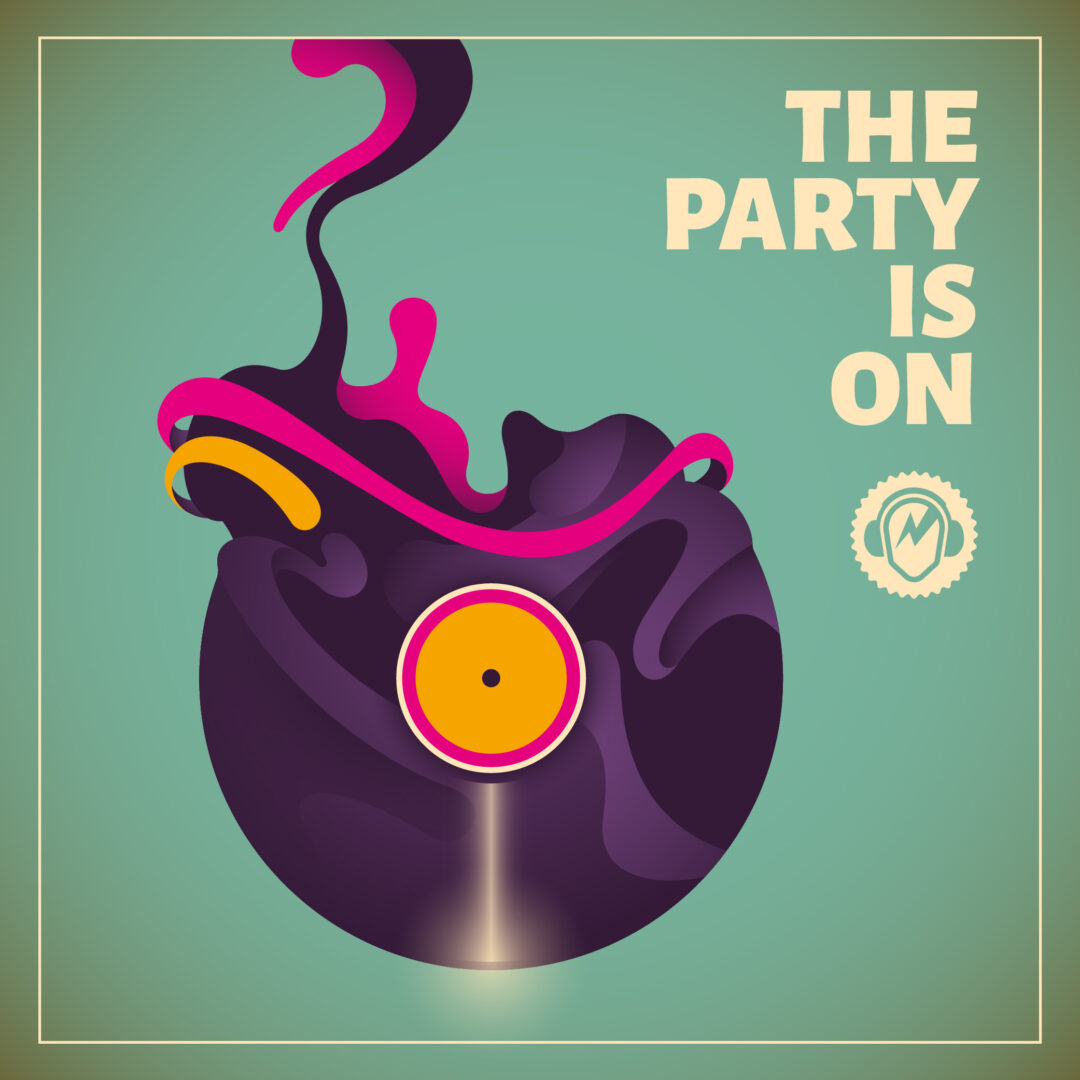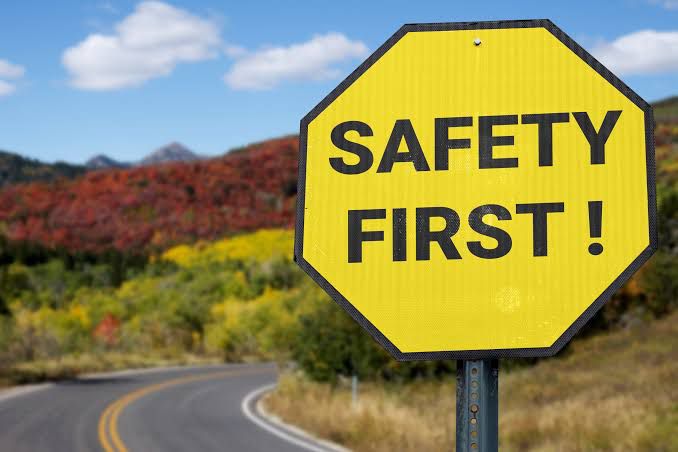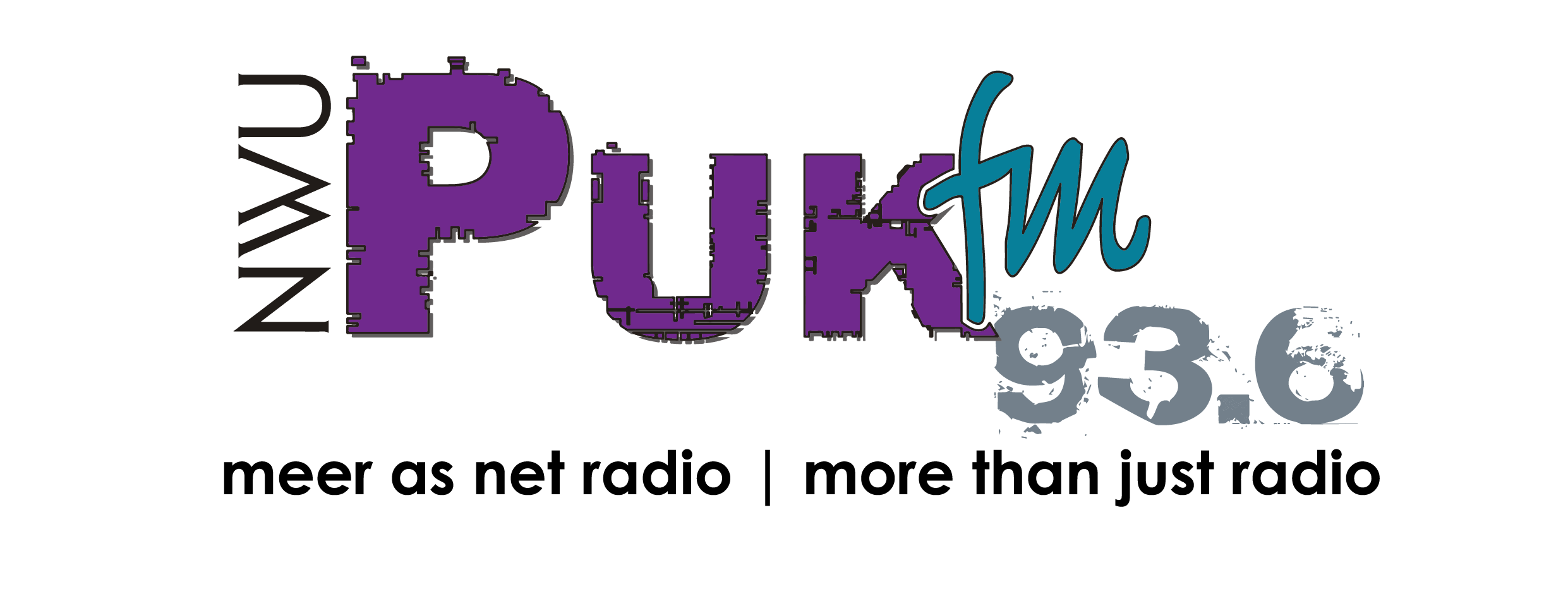-
 play_arrow
play_arrow
PUKfm
-
 play_arrow
play_arrow
London Calling Podcast Yana Bolder
-
 play_arrow
play_arrow
Summer Festival Podcast Robot Heart
-
 play_arrow
play_arrow
Electronic Trends Podcast Aaron Mills
-
 play_arrow
play_arrow
New Year Eve Podcast Robot Heart
-
 play_arrow
play_arrow
Techno Podcast Robot Heart
-
 play_arrow
play_arrow
Flower Power Festival Podcast Robot Heart
-
 play_arrow
play_arrow
Tech House Podcast Robot Heart
-
 play_arrow
play_arrow
Winter Festival Podcast Robot Heart
Megan Grobler
@megan.gro_bler
According to the United Nations Children’s Fund’s (UNICEF) article “Road safety tips”, road traffic injuries are the leading cause of death among children and adolescents aged 5-19 years worldwide. Sadly, the majority of these accidents are very preventable. Here are some tips from UNICEF for student drivers.
Alcohol limits
In South Africa, the legal alcohol limit for ordinary drivers is 0.05g of alcohol per 100ml of blood, while the legal limit for professional drivers is 0.01g per 100ml of blood. Drinking more than that can cause impaired judgement and reaction times. Exceeding this limit may result in a fine or jail time, depending on the severity of the offense.
Police stop points
Getting pulled over can be frightening, but is necessary if an officer in uniform, in a marked police car, enforces it. However, you are not obligated to pull over if you feel unsafe, the officer is not in uniform or lacks identification, or the car is unmarked. If you feel unsafe, drive to the nearest police station or call emergency services immediately to verify the legitimacy of the stop.
Car troubles
If your car breaks down, stay calm, move your car to a safe spot and call your roadside assistance provider or insurance company for help. Stay in your car, keep your windows and doors locked and only place a reflective triangle to warn other cars once you feel safe and have assistance on the way.
Suspicious activity
If you find yourself being followed by a suspicious vehicle, stay calm and go to a well-lit, crowded place like a police station, store or petrol station. Signal for help or call police immediately if necessary. Do not go home, and avoid secluded areas.
Consequences of exceeding speed limits
In South Africa, speed limits in urban areas are usually 60 km/h, 100 km/h on public roads, and 120 km/h on freeways. Exceeding the speed limit by 30 km/h in urban areas and 40 km/h on a freeway can result in fines or prison time. Other offenses include reckless driving, causing an accident, being a repeat offender, or failing to appear in court. All of which are punishable by fines, license suspension or jail time.
Driving responsibly is essential, especially for students who are more prone to reckless behaviour and dangerous driving. Following these tips the next time you are on the road may save you from a jail visit, a fine or even save a life.

A yellow stop sign with the message ‘SAFETY FIRST!’ (Source: South African Business Integrator)
Edited by Isabel Burgers
Written by: Wapad
Similar posts
Recent Comments
Chart
-
-
-
 play_arrow
play_arrow
I Had Some Help (feat. Morgan Wallen) Post Malone
-
-
-
 play_arrow
play_arrow
Not Like Us Kendrick Lamar
-
-
Top popular

VARSITY CUP TICKET RESELLERS AND BUYERS – MAY BE DENIED ACCESS

UNANSWERED AND UNSPOKEN: NWU’S SILENCE ON SUSPENSION OF SCC STUDENT LEADER

NWU EXPELS STUDENT LEADER AFTER INTERNAL FINDING OF SEXUAL MISCONDUCT

MARCHING FOR JUSTICE AND POLICE ACCOUNTABILITY: THE TRUTH BEHIND THE TMM LOFTS PROTEST

DEGENAAR PRAAT OOR DIE NA-SKOK VAN ‘N TRAGEDIE





Post comments (0)